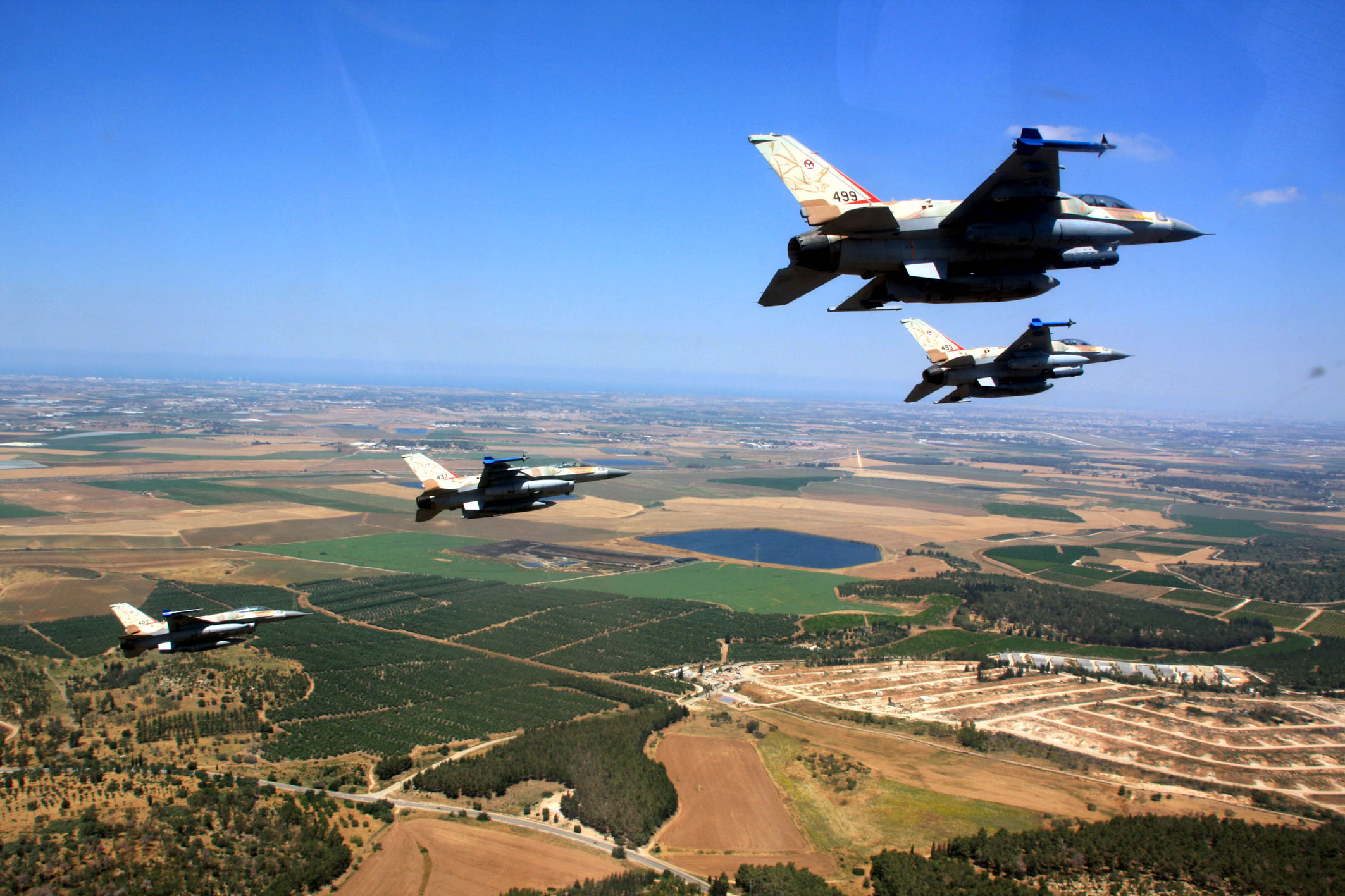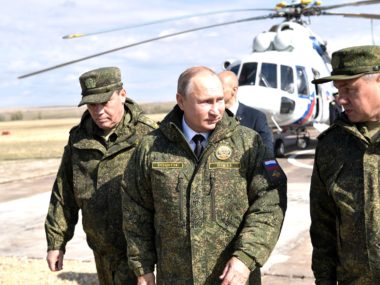Guest post by Aaron Rapport

When conflicts arise in international politics, there is always the possibility that one party to a dispute will try to coerce the other into changing its plans or behavior. The economic sanctions levied against Iran due to international suspicions of its nuclear program, or those in place against Russia because of its actions in Ukraine, are cases in point. A challenging aspect of successful coercion, regardless of the form it takes, is that it requires the target to comply to some extent with the wishes of the coercer, for fear of worse consequences if they resist. An opponent’s resolve thus becomes crucially important. How much pain can Iran, Russia, or any other country tolerate before it acquiesces to some or all of the demands put to it? It is very difficult to know the answer to this question without some coercive action being taken in the first place. Governments in policy disputes have no incentive to reveal their breaking points to their opponents, presuming they are even sure of how much punishment they or their fellow nationals can tolerate. Uncertainty about resolve obscures agreements both sides would prefer to costly efforts at coercion, and can lead to bloody clashes to decide the matter at hand.
However, some countries are better situated to tease out an opponent’s pain threshold than others. For example, wealthy countries who command large markets can first see how an opponent reacts to economic sanctions to get a hint of their resolve, an option poorer states are less likely to have. The coercive “tool box” is also larger for powerful states considering military action. Strong actors may face considerable uncertainty about an opponent’s resolve, but be able to use limited military operations to screen opponents before engaging in more extensive combat. They can forgo further escalation if it appears they have overestimated their target’s resolve, and withdrawal or “staying the course” accompany the option of escalation when it appears an opponent has been underestimated. Conversely, weaker military powers are less able to pursue such a strategy. Compared to their stronger counterparts, they will find it harder to overcome defensive preparations an opponent may take in response to a limited military foray. Unilateral withdrawal from a military engagement is also less feasible for weaker countries. Uncertainty or no, once weaker powers decide to take military action, they are compelled to go “all in.”
My recent findings support these assertions. When seeking to coerce policy change during military interventions and international crises, military strong powers are much less likely to escalate to high levels of force—extensive air and ground campaigns—than are weaker states, even when the stakes are high. During interventions, strong states seeking to compel policy change were also more likely to refrain from using force for several days even after troops had been deployed in or near an opponent’s territory, likely to gauge the adversary’s reaction. Again, this is not because strong powers are somehow more rational or less vicious than countries with weaker militaries, but rather because they can better bear the costs of this form of information gathering. Alternatively, there is no detectable difference between strong and weak military powers’ behavior in interventions or crises over territory, or attempts to overthrow an opponent’s regime. This is because strong states with these types of objectives often believe they can succeed by using “brute force” to destroy a target’s capacity to resist, making compliance and the question of resolve less important. This is apparent in hawkish arguments vis-à-vis Iran: if the US were to take actions aimed at regime change rather than Iranian policy concessions, questions of Tehran’s willingness to resist sanctions or withstand the consequences of cheating on any nuclear deal supposedly become irrelevant.
In short, we should expect lower levels of violence to accompany policy (rather than territorial) disputes as long as states have multiple avenues to reduce uncertainty, which may be a luxury only the most powerful can afford. If the conflict over Iran’s nuclear policies dissolves into violence this will likely be instigated by weaker regional powers rather than the United States. Even if states like Israel felt no more threatened, their relatively limited military capabilities counter-intuitively bode against half-measures.
Aaron Rapport is a lecturer in the Department of Politics and International Studies at the University of Cambridge.







1 comment